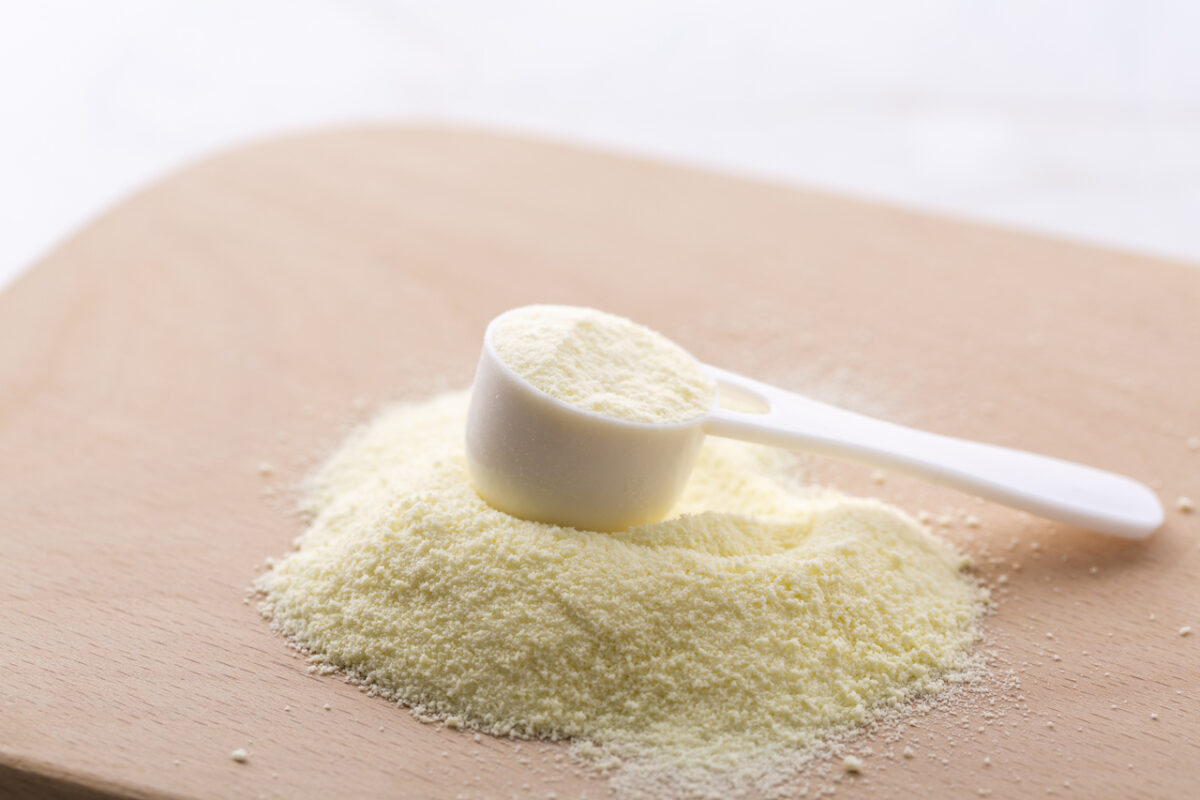One of the cruelest reactions to the baby formula shortage is to blame mothers for not breastfeeding. Earlier this week, the New York Times ran a heartbreaking story about the shame at least some parents are feeling about not nursing their infants. This should not be happening. The fact of the formula shortage at this point should prompt only a search for solutions, both in broad policy and for individuals (I wrote a bit about this in The Atlantic this week).
The shaming of women for not breastfeeding is not limited to this moment. The message “breast is best” permeates widely. Claims are made that breastfeeding increases IQ, decreases obesity, leads to better health and a more successful life. Often these claims are said to be backed by data.
When I set out to write Cribsheet, my second book, which deals with early parenting, getting to the bottom of the data behind breastfeeding was at the very top of my list. In the end, digging into the data, I found credible evidence for some small, early-life benefits of breastfeeding (lower rates of gastrointestinal illness, possibly fewer ear infections) but no credible evidence for most of the claims made about long-term health or IQ. The bottom line is that breast is great. But formula is also great. And shaming people for making either choice is harmful.
I’ve stated this bottom line a lot over the years, in interviews and in other writing. But sometimes the bottom line isn’t enough detail. So today I’m posting the PDF of this entire chapter of Cribsheet (I’m grateful to my publisher for the permission). I hope it will be useful to you and that it will be something people share with others if they need a little support.
Login to DownloadIf you like the chapter, there’s some great stuff in the rest of the book too!
Community Guidelines










